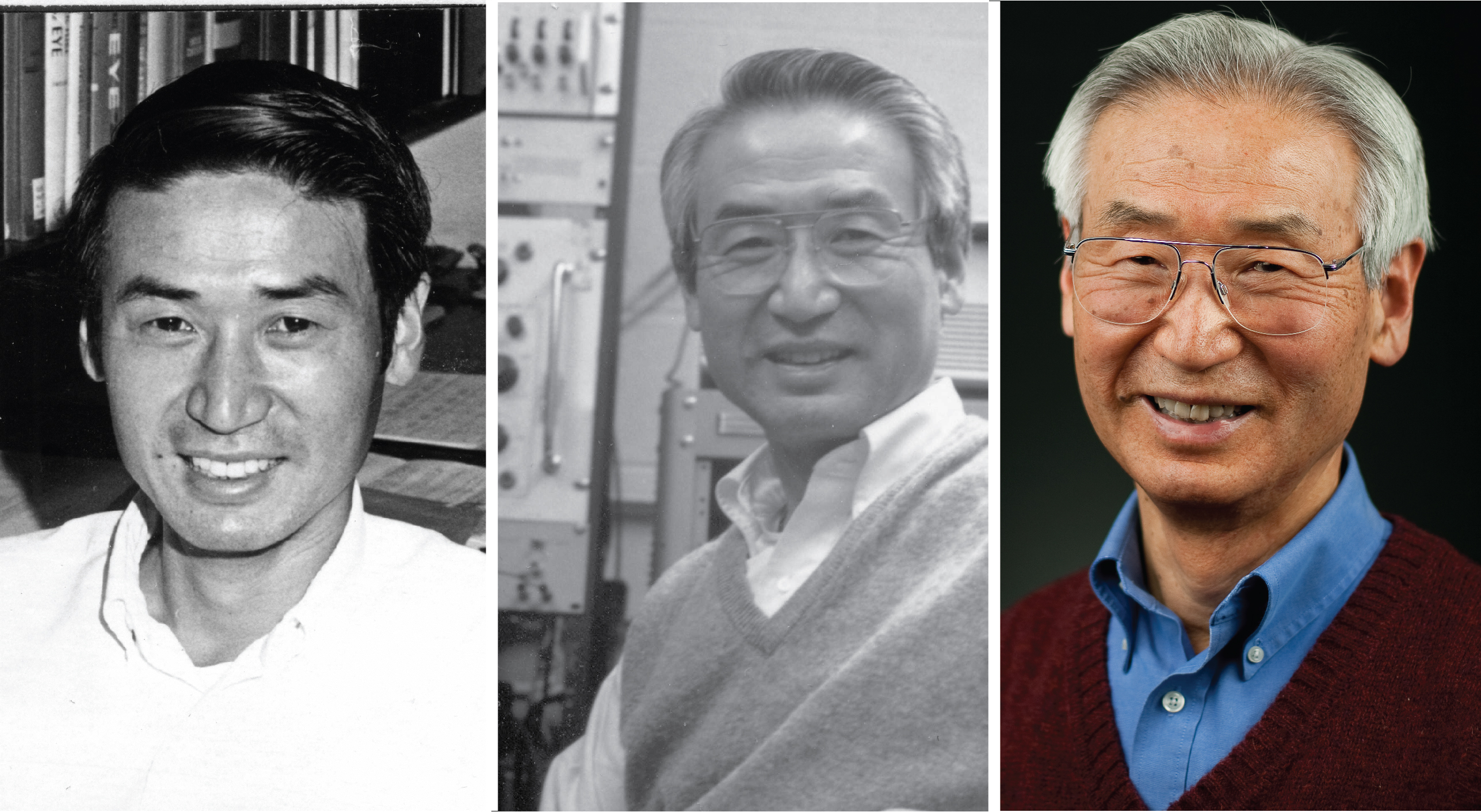Remembering Dr. Bill Pak, Distinguished Professor Emeritus of Biological Sciences
08-16-2023

With the passing of William (Bill) Pak, biology has lost one of its true pioneers.
Pak was born in 1932 in Suwon, Korea. At the time of the outbreak of World War II, his father was studying at Dubuque University in Iowa, and the family was reunited after the war in Hawaii. After attending high school there, he went to Boston University for his undergrad degree. While working on his graduate degree at Cornell University, he met Marion Whitehouse, who he married in 1958.
After receiving his PhD, he went on to become an instructor and later an assistant professor of physics at Stevens Institute of Technology in Hoboken, New Jersey. Three years later, he accepted a postdoctoral appointment at the University of Chicago.
Wooed to Purdue with a job offer of assistant professorship, Pak joined the faculty roster in 1965 and moved his wife Marion and children Bill Jr. and Dotti to West Lafayette.
Pak had a vital impact on the College of Science at Purdue and the Department of Biological Sciences in particular, training 23 doctoral students in his time here and 37 postdoc associates.
In the mid-1960s, following the spectacular success of genetic dissection in unravelling fundamental pathways of "DNA makes RNA makes Protein," researchers were eager to explore new territory in neurobiology, particularly focusing on neural mechanisms of behavior, physiology, and development. Recognizing the success of geneticists using Drosophila as a model for genetics, they asked: "What will be the neurobiologist's Drosophila?" To which Pak, along with Seymour Benzer at Caltech (a Purdue Physics graduate and Departmental alum), and Martin Heisenberg at the University of Wurzburg, replied: "Drosophila!" This marked the beginning of an extraordinary endeavor.
A notable milestone in this pursuit was the 1969 Nature publication of "Nonphototactic mutants in a study of vision of Drosophila" by Pak, Grossfield, and White. Pak focused on the mechanisms of phototransduction. His dedication was handsomely rewarded with original, significant insights from his own lab, as well as the guidance he provided to students, post-docs, and visiting scholars, many of whom pursued independent programs in Drosophila vision research.
The highlights of Bill's legacy are too numerous to recount, but they were acknowledged by the Association for Research in Vision and Ophthalmology, the principal US vision research society, in awarding Bill the prestigious 1995 Friedenwald Award Lecture in 1995, recognizing lifetime achievement in the field.
Pak was honored in 1982 with Purdue’s prestigious Herbert Newby McCoy Award for Research, and in 1987 with his appointment as the Paul F. Oreffice Distinguished Professor of Biological Sciences.
Among the many sparks emanating from Bill's lab, one collaboration with visiting scholar Baruch Minke and graduate student Chun-Fang Wu investigated a mutant with an unusual retinal response to light: Instead of a sustained response to light, the mutant response decayed rapidly. The study identified the transient receptor potential gene, which subsequently became the founding member of the sprawling TRP family of sensory membrane proteins. The importance of this discovery was recognized with the 2021 Nobel Prize in Physiology or Medicine, awarded to David Julius for his work on temperature-sensing TRPV1 channels.
In what may be Pak's final paper, titled "The light-activated TRP channel: the founding member of the TRP channel superfamily" published in October 2022 in the Journal of Neurogenetics, he and Baruch Minke reflect on this remarkable story and its profound impact on the field of neurobiology and sensory research.
Bill Pak's contributions to science and his mentorship of future researchers will be remembered and celebrated as part of his enduring legacy in biology.